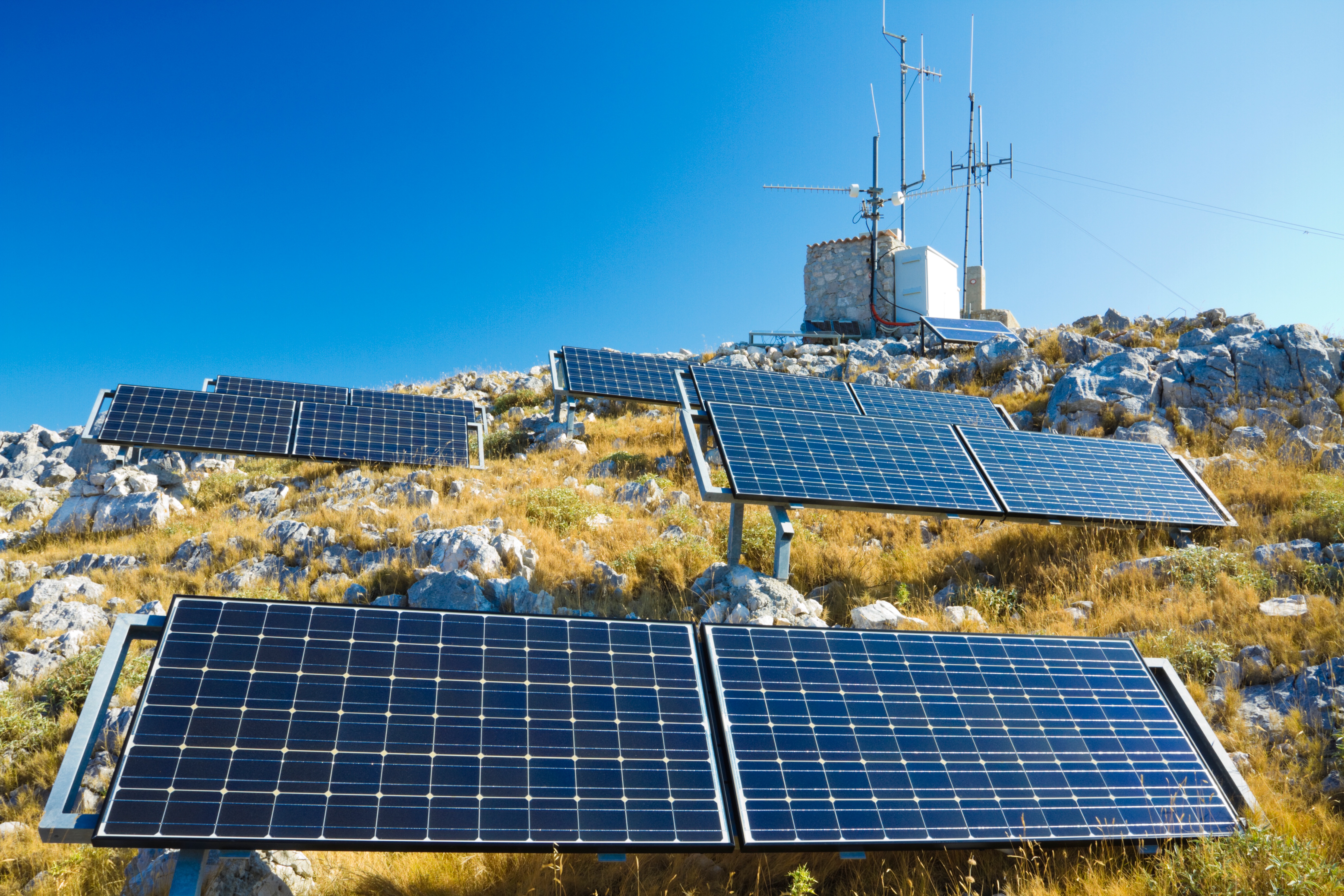As of 2013, there were more than 6.79 billion mobile subscribers. As we continue to see the impact of climate change on communities around the world, it’s clear that it’s essential to make this sector more sustainable.
The telecommunications industry consumes electricity at a massive rate. In many countries, telcos are the biggest guzzlers, especially when it comes to powering mobile base stations. In developing countries, these are usually powered by diesel since they’re often located in rural or remote areas where the electricity grid can’t reach.
Data centres are also often big polluters, and up to a third of total consumption can be used for cooling.
In many industries, the use of electricity has already peaked. However, our insatiable demand for connectivity and data simply ensures that more data centres and base stations are being built around the world. That means that unless the telecommunications industry manages to save energy, the industry’s carbon footprint will continue to grow.
While the industry has been developing alternative energy sources (mostly in a bid to save money), the adoption of renewable resources like solar hasn’t yet really taken hold. However, the cost of diesel continues to increase while the cost of renewable energy is falling. When switching a generator from running exclusively on diesel into running on solar energy and battery power, the ROI can be seen in as little as 18 months.
In many countries, telcos are gradually switching to more sustainable power solutions. Consider India, for example. The Indian government has said that by 2020, 33% of urban and 75% of rural stations will need to be running on hybrid energy. The country is also exploring the use of renewables for some off-grid locations, with diesel generators only used as a backup. If these measures were introduced across all of India’s 400,000 base stations, power usage would be cut in half and the telecommunications industry would save one million litres of diesel fuel each year.
The environmental benefits and savings in energy expenditure are inseparable. This is good news since it means that telcos will see benefits to their bottom line as they look to their environmental impact.
Telco Industry Addresses Major Risks of Climate Change
Climate change endangers the availability and quality of food and water. We’ve seen it cause more severe and more frequent droughts, storms, floods, and heatwaves.
Unfortunately, the impact of climate change is most severe in the world's poorest countries. By 2020, crop yields in some countries in Africa are expected to be slashed in half. And up to a quarter of a billion Africans will find it more difficult to get water.
Climate instabilities often reduce yield for farmers. However, this is also an example of how telcos can help with the assistance of long-range weather forecasts. TV networks using text messaging can alert communities at risk, as can mobile phone networks with internet capabilities.
With this technology, farmers can receive sufficient warning to change the way they plant their crops or plant certain crops that will be more likely to thrive in uncertain or changing conditions.
Since power generation from diesel is expensive and a large contributor to climate change, the generation of power by solutions like wind, solar, hydro and other off-grid solutions is crucial for a cleaner, more sustainable telco industry.
Considering switching to an off-grid power solution? We can save you money while saving the environment at the same time. Get in touch today to learn more.




